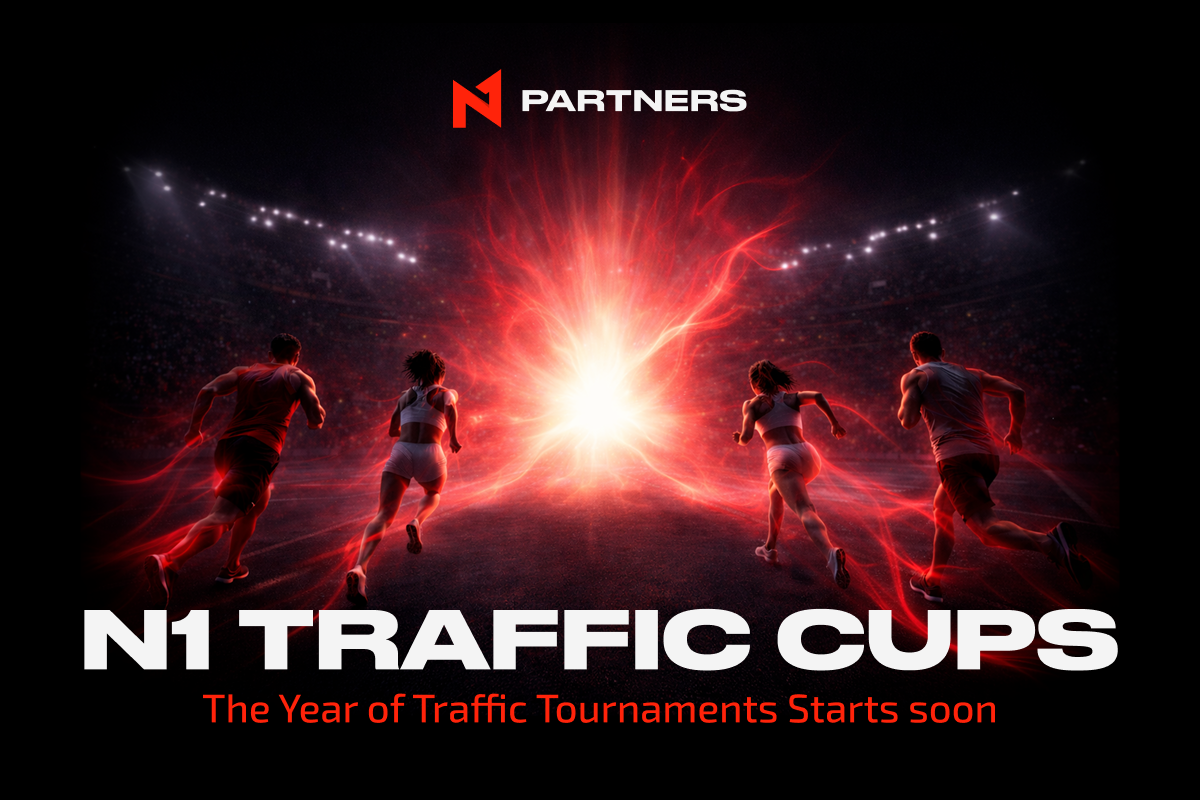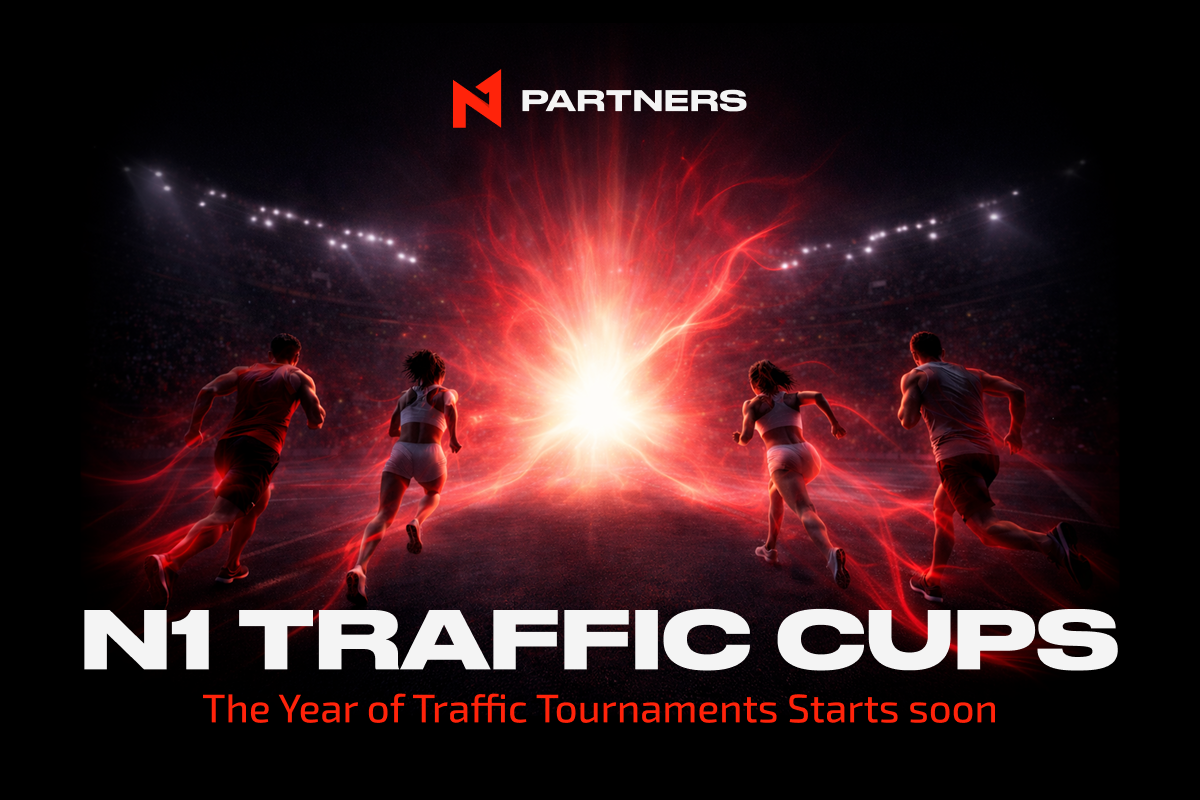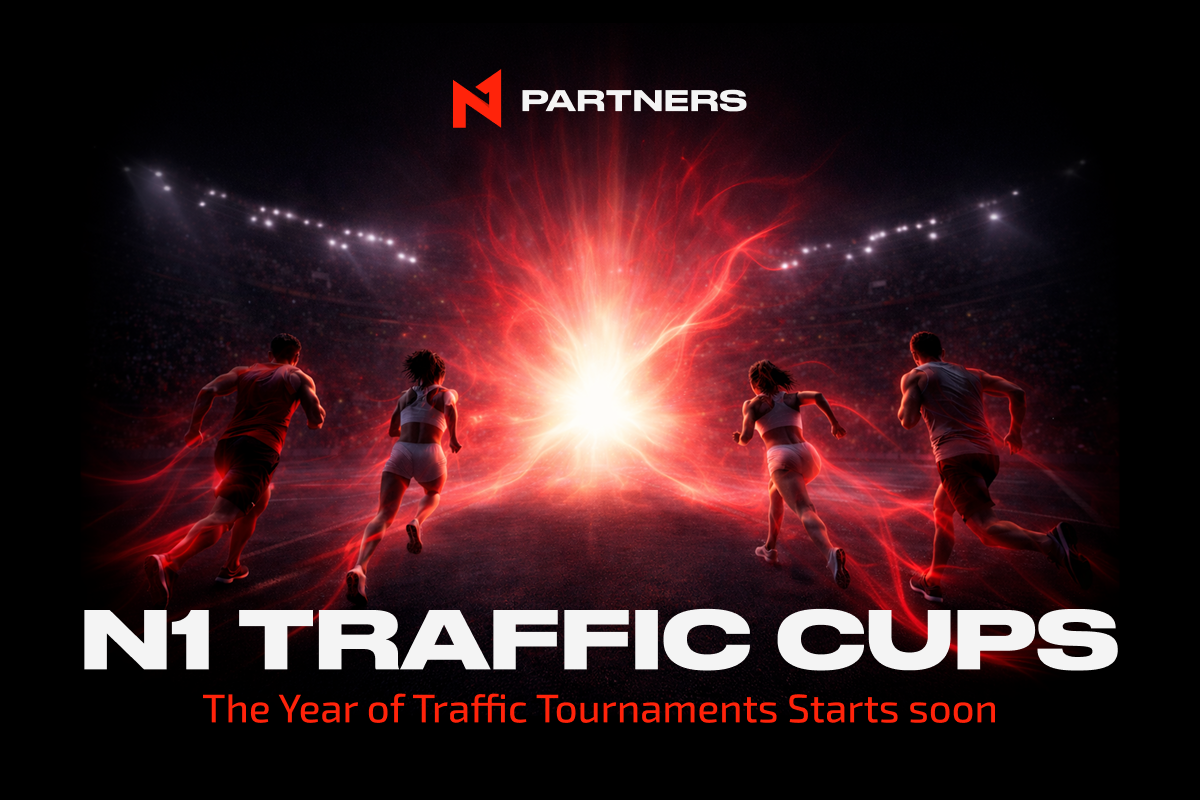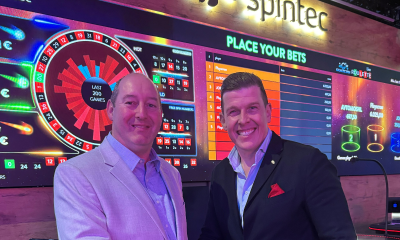Latest News
Can Play’N GO Continue to Innovate in 2020?

Founded in Sweden back in 2005, Play’N GO is firmly established as one of the trail-blazing software houses that underpins the lucrative iGaming market in Europe.
The type of Play’N GO casinos found here offer a huge and diverse range of immersive games to players, and this is one of the key reasons why the iGaming market was able to produce a GGY of £5.3 billion in the year ending March 2019.
Play’N GO is also renowned as one of the most prolific and innovative software developers in the marketplace, as it looks to compete aggressively with rivals such as Microgaming, NetEnt and live casino giants Evolution Gaming.
In this post, we’ll appraise the success of this brand in 2019, while asking whether this can be sustained over the course of the next 12 months.
How Play’N GO Continued to Thrive in 2019
There’s no doubt that Play’N GO upped the ante in 2019, as it continued to eclipse all of its major rivals (both in terms of the volume of games launched and their mass appeal on the market).
To this end, the brand took the unprecedented step of launching two new titles on the same day last December, including an immersive slot called ‘Infernal Joker’ and an innovative poker iteration named ‘3-Hand Casino Hold ‘em’.
This is certainly a testament to the depth and quality of their underlying technology, while it also shows that the Play’N GO team is multitalented and capable of conceiving and designing games across a number of different verticals.
The introduction of 3-Hand Casino Hold ‘em is particularly interesting, as it added to Play’N GO’s increasingly diverse range and leverages modern technology that enables competitors to play three hands simultaneously at a single table.
These launches represented just the tip of the iceberg for Play’N GO in 2019, however, as August also saw them nominated for two prestigious awards at the Global Gaming Awards.
These awards were in their sixth year in 2019, with Play’N GO nominated primarily for the coveted ‘Digital Product of the Year’ for their server-based gaming solution OMNY.
This flexible platform delivers seamless multichannel gameplay for both operators and players alike, creating a scenario where game progress can be transferred across any land-based or digital device (including mobile) in real-time.
This nomination was just rewarded for the efforts that Play’N GO has made to deliver a seamless and tech-led gaming experience to players throughout Europe, while it’s also worth noting that the developer was simultaneously nominated for the ‘Slot Provider of the Year’.
Play’N GO had won this award for three years’ running prior to 2019, with the brand now firmly established as one of the very best slot game providers in the world.
What Does 2020 Have in Store for the Brand?
If the formative weeks of 2020 are anything to GO buy, we’d expect Play’N GO to achieve similar success, growth and levels of innovation over the course of the coming months.
This year is certainly set to be a record-breaking entity in terms of game launches, for example, with the five-reel ‘Legacy of Dead’ slot the first of 52 releases scheduled throughout 2020.
Staggeringly, this equates to launch for every single week of the year, while also highlights the incredible efficiency of the Play’N GO team and their ability to create easy-to-play slots with striking and popular themes.
Beyond this, 2020 will also see an evolution of the aforementioned OMNY platform, with this technology likely to gravitate towards the mainstream and create a more enjoyable gaming experience for players across the continent.
On a similar note, Play’N GO will continue to expand its scalable casino platform, which provides a secure and stable gambling solution for players who have a penchant for the developer’s slots and table games.
Having also partnered with Royal Casino back in 2018, the continued integration between these two entities will also offer players direct access to a huge range of games from trusted, third-party providers, ensuring that users can select from an ever greater choice GOing forward.
We will also see Play’N GO’s much-fabled Games Management Toolkit take center stage during the next 12 months, with this innovative platform providing administrative and promotional tools to help operators customize their players’ overall gaming experience.
This means that casino brands will most likely prioritize Play’N GO games over titles supplied by other providers, with players increasingly in the market for immersive games that offer genuine flexibility and can be easily configured.
Latest News
N1 Traffic Cups: The Year of Traffic Tournaments Starts soon

N1 Partners is launching a new series of traffic competitions, N1 Traffic Cups, with the first tournament set to begin this March. The 2026 program will feature multiple promotional events, including standalone cups and a global championship, offering partners new opportunities to scale performance and compete on an international stage.
The initiative builds on the success of the year-long N1 Puzzle Promo in 2025. Drawing on participant feedback and proven mechanics from that campaign, N1 Partners has developed a refreshed competitive format designed to reward consistent growth, efficiency, and strategic traffic management.
The season opens with the N1 SEO Traffic Cup, introducing a dedicated leaderboard with a tiered performance system and a structure focused on real traffic efficiency rather than scale alone. The spring launch sets the tone for what promises to be a highly competitive year for SEO teams and traffic specialists.
Alexa Bond, Head of Affiliates at N1 Partners, comments on the upcoming launch:
“There are plenty of races and battles in the industry, but it was important for us to create a format that stands out in both spirit and approach. We’re not just preparing another competition – we’re building a story with character, centered around strategy, structure, and true competitive drive.
2026 is a year of major sporting events: the Olympics and the FIFA World Cup. The spirit of competition and top-level achievement perfectly aligns with the DNA of N1 Partners: energy, high performance, and healthy competitive ambition are what motivate and push both us and our partners forward.”
To learn more about the tournament launch, contact N1 Partners Leadgen Manager, Kristina:
Email: [email protected]
Telegram: https://t.me/Christina_N1L
LinkedIn: https://www.linkedin.com/in/christina-ladik-6a7068206/
N1 Partners supports affiliates with a portfolio of more than 14 casino and sportsbook brands, coverage across 10+ Tier-1 GEOs, and commission models including CPA up to €700, RevShare up to 45%, and hybrid options.
The post N1 Traffic Cups: The Year of Traffic Tournaments Starts soon appeared first on Eastern European Gaming | Global iGaming & Tech Intelligence Hub.
Latest News
N1 Traffic Cups: The Year of Traffic Tournaments Starts soon

N1 Partners is launching a series of traffic tournaments N1 Traffic Cups – with the first one kicking off this March. Throughout 2026, partners can expect a variety of promo activities: from standalone cups to a global championship.
This marks a logical continuation of N1 Partners’ community-focused initiatives. Recently, the team summed up the results of N1 Puzzle Promo – a top-tier promotion in the iGaming industry that ran for almost the entire year of 2025. After gathering participant feedback, consolidating the best practices from the successful campaign, and enhancing it with new engaging mechanics and a fresh perspective, N1 Partners developed a brand-new concept. The traffic tournament series will provide additional opportunities for teams working with traffic and focused on consistent performance growth and scaling results.
SEO teams, get ready – the first stage will be the N1 SEO Traffic Cup, opening the new season and setting the tone for the entire 2026 tournament series. A dedicated leaderboard with a tiered level system based on performance, a new competitive format, and a focus not only on scale but also on real traffic efficiency – this spring promises to be truly competitive.
Alexa Bond, Head of Affiliates at N1 Partners, comments on the upcoming launch:
“There are plenty of races and battles in the industry, but it was important for us to create a format that stands out in both spirit and approach. We’re not just preparing another competition – we’re building a story with character, centered around strategy, structure, and true competitive drive.
2026 is a year of major sporting events: the Olympics and the FIFA World Cup. The spirit of competition and top-level achievement perfectly aligns with the DNA of N1 Partners: energy, high performance, and healthy competitive ambition are what motivate and push both us and our partners forward.”
We’ll reveal all the details very soon…
Stay tuned to N1 Partners’ social media channels and follow the latest updates in iGaming media.
To learn more about the tournament launch, contact N1 Partners Leadgen Manager, Kristina:
Email: [email protected]
Telegram: https://t.me/Christina_N1L
LinkedIn: https://www.linkedin.com/in/christina-ladik-6a7068206/
Why N1 Partners?
- 14+ casino and sportsbook brands with Reg2Dep up to 70%
- 10+ Tier-1 GEOs
- CPA up to €700 and RevShare up to 45% + NNCO for top partners + hybrid models
Be number one with N1!
The post N1 Traffic Cups: The Year of Traffic Tournaments Starts soon appeared first on Americas iGaming & Sports Betting News.
Latest News
N1 Traffic Cups: The Year of Traffic Tournaments Starts soon

N1 Partners is launching a series of traffic tournaments N1 Traffic Cups – with the first one kicking off this March. Throughout 2026, partners can expect a variety of promo activities: from standalone cups to a global championship.
This marks a logical continuation of N1 Partners’ community-focused initiatives. Recently, the team summed up the results of N1 Puzzle Promo – a top-tier promotion in the iGaming industry that ran for almost the entire year of 2025. After gathering participant feedback, consolidating the best practices from the successful campaign, and enhancing it with new engaging mechanics and a fresh perspective, N1 Partners developed a brand-new concept. The traffic tournament series will provide additional opportunities for teams working with traffic and focused on consistent performance growth and scaling results.
SEO teams, get ready – the first stage will be the N1 SEO Traffic Cup, opening the new season and setting the tone for the entire 2026 tournament series. A dedicated leaderboard with a tiered level system based on performance, a new competitive format, and a focus not only on scale but also on real traffic efficiency – this spring promises to be truly competitive.
Alexa Bond, Head of Affiliates at N1 Partners, comments on the upcoming launch:
“There are plenty of races and battles in the industry, but it was important for us to create a format that stands out in both spirit and approach. We’re not just preparing another competition – we’re building a story with character, centered around strategy, structure, and true competitive drive.
2026 is a year of major sporting events: the Olympics and the FIFA World Cup. The spirit of competition and top-level achievement perfectly aligns with the DNA of N1 Partners: energy, high performance, and healthy competitive ambition are what motivate and push both us and our partners forward.”
We’ll reveal all the details very soon…
Stay tuned to N1 Partners’ social media channels and follow the latest updates in iGaming media.
To learn more about the tournament launch, contact N1 Partners Leadgen Manager, Kristina:
Email: [email protected]
Telegram: https://t.me/Christina_N1L
LinkedIn: https://www.linkedin.com/in/christina-ladik-6a7068206/
Why N1 Partners?
- 14+ casino and sportsbook brands with Reg2Dep up to 70%
- 10+ Tier-1 GEOs
- CPA up to €700 and RevShare up to 45% + NNCO for top partners + hybrid models
Be number one with N1!
-

 Aphrodite’s Kiss5 days ago
Aphrodite’s Kiss5 days agoLove on the Reels: Slotland Introduces “Aphrodite’s Kiss”
-

 Amusnet5 days ago
Amusnet5 days agoWeek 7/2026 slot games releases
-

 Denmark6 days ago
Denmark6 days agoRoyalCasino Partners with ScatterKings for Company’s Danish Launch
-

 Baltics6 days ago
Baltics6 days agoEstonia to Reinstate 5.5% Online Gambling Tax From March 1
-

 Booming Games6 days ago
Booming Games6 days agoTreasure Hunt Revival — Booming Games Launches Gold Gold Gold Hold and Win
-

 Brino Games5 days ago
Brino Games5 days agoQTech Games integrates more creative content from Brino Games
-

 ELA Games6 days ago
ELA Games6 days agoELA Games Unveils Tea Party of Fortune — A Magical Multiplier Experience
-

 Bet Rite6 days ago
Bet Rite6 days agoSpintec Expands into Canada with Bet Rite



















